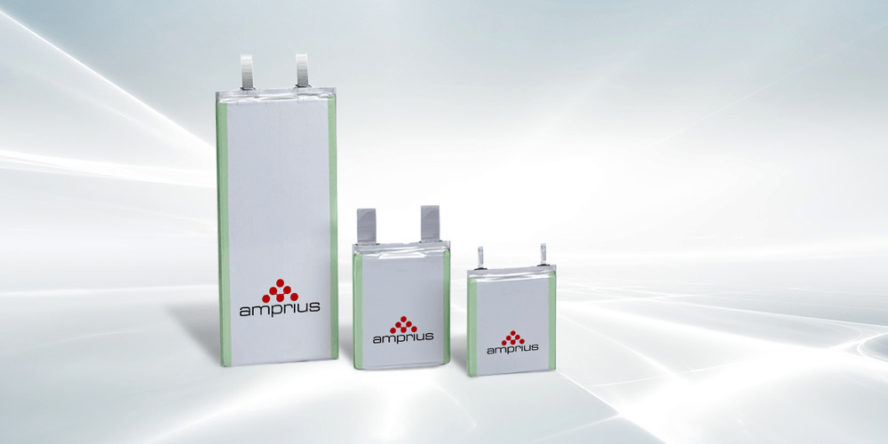According to results from the Mobile Power Solutions testing institute, the company has increased the energy density of its cells to around 500 Wh/kg or 1,300 Wh/l, with the cells delivering an energy density of 504 Wh/kg or 1,321 Wh/l at 25 degrees Celsius. This breakthrough has been achieved using silicon nanowires as anode material in the cells, enabling them to offer an industry-disrupting performance with barrier-breaking discharge times.
The new batteries are also up to 50 per cent lighter and smaller than commercially available lithium-ion cells, which makes them more attractive to the aerospace industry, as well as for use in electric vehicles and portable devices. The cells provide a runtime of 200 per cent compared to state-of-the-art graphite cells while being lighter and smaller than other batteries with the same energy content, according to Jon Bornstein, President of Amprius Lab.
Amprius had initially developed cells with an energy density of 450 Wh/kg and 1,150 Wh/l for use in satellites, but it now plans to build a plant in Colorado to produce cells for electric vehicles. The plant is scheduled to begin production in 2025 with an annual capacity of 500 MWh, which the company says will later be expanded to up to 5 GWh.
his breakthrough in battery technology matters because it has the potential to revolutionize the way we use and store energy. With the demand for cleaner and more sustainable energy sources on the rise, this development could pave the way for more efficient electric vehicles, as well as the wider use of portable devices and aerospace technology.
Source: Amprius via Business Wire

